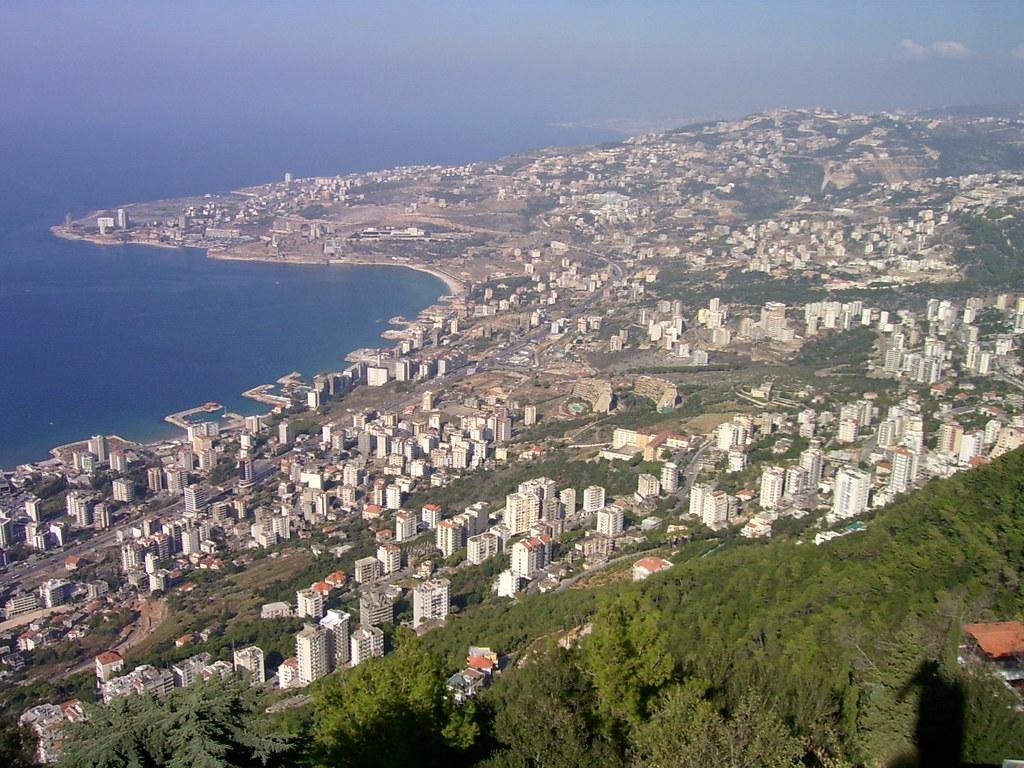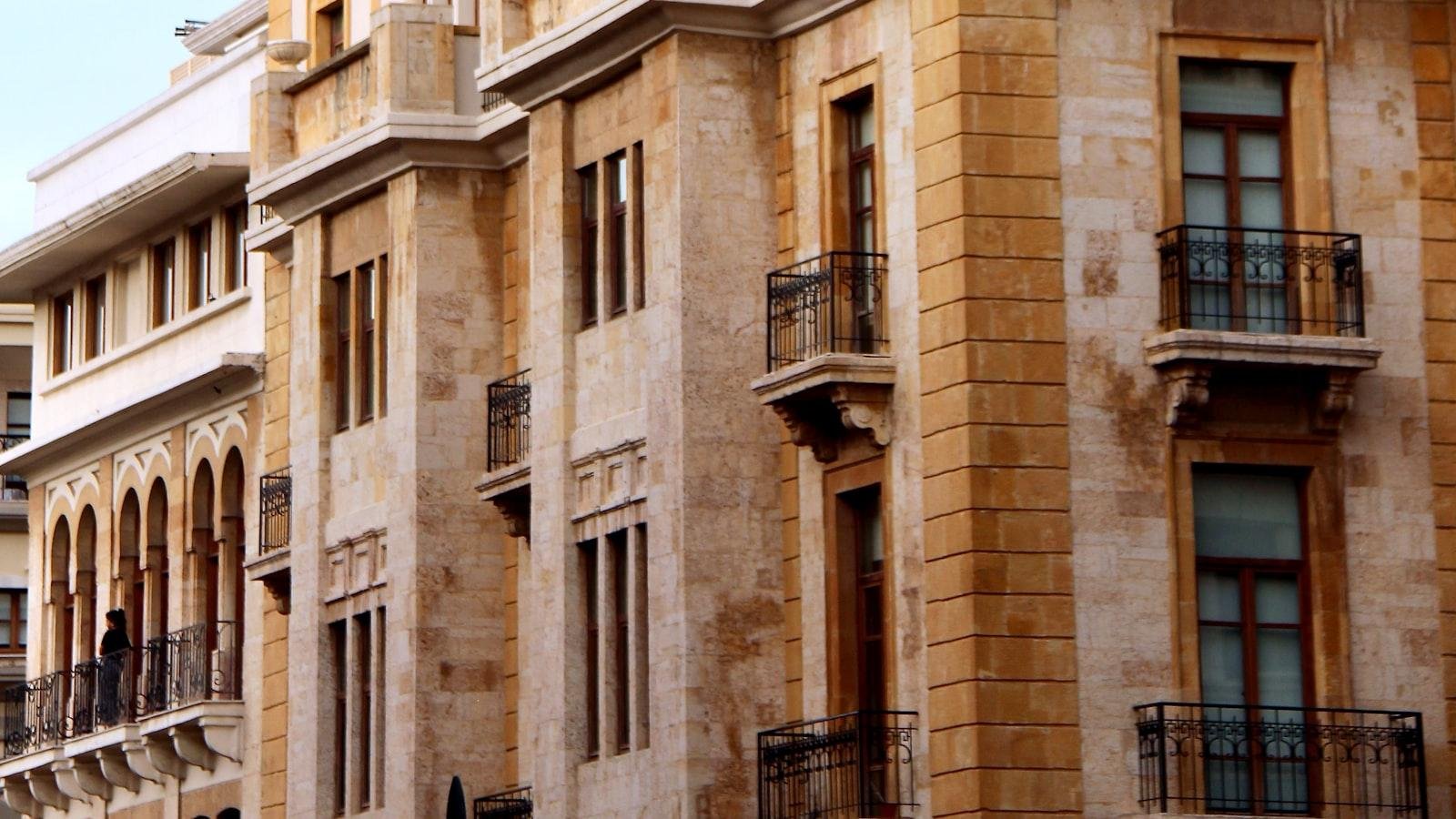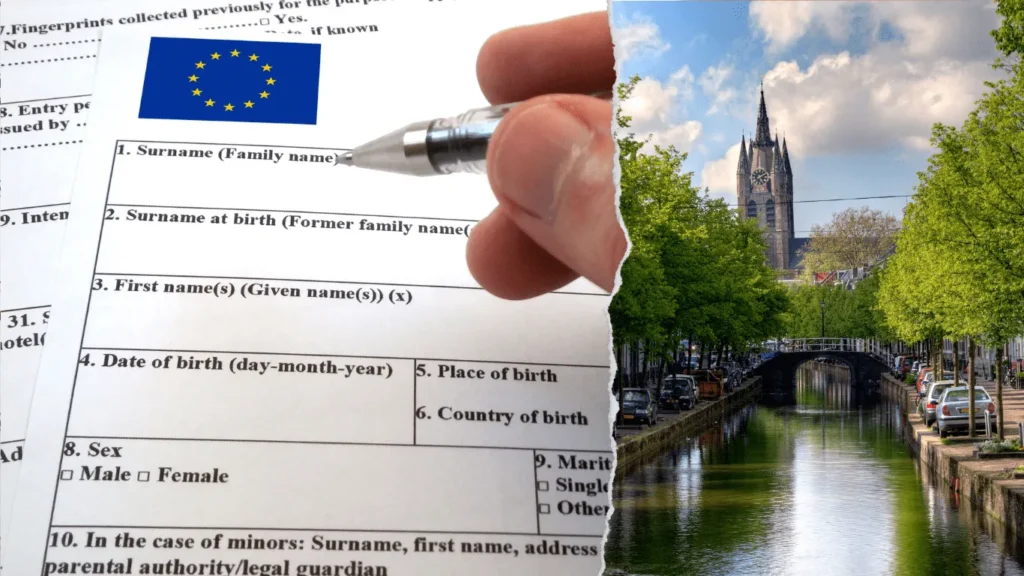Now Reading: Lebanon
-
01
Lebanon
Lebanon

Nestled in the heart of the Middle East, Lebanon is a country steeped in rich history, vibrant culture, and stunning natural beauty. From its bustling capital city of Beirut to its picturesque Mediterranean coastline, Lebanon offers an intriguing blend of ancient traditions and modern influences. In this article, we will explore the diverse facets of Lebanon, from its delicious cuisine to its ancient ruins, and uncover what makes this small yet dynamic nation truly unique.
Lebanon’s Political Landscape: A Complex System of Sectarianism
Lebanon’s political landscape is a complex web of sectarianism that has shaped the country’s governance for decades. With a population composed of multiple religious groups, including Sunni Muslims, Shiite Muslims, Maronite Christians, and Druze, among others, Lebanese politics is heavily influenced by these sectarian divisions.
**The key components of Lebanon’s political system include:**
- **Consociationalism:** A power-sharing arrangement that allocates political positions based on religious affiliation.
- **The Taif Agreement:** A peace agreement that ended the Lebanese Civil War and redefined the country’s political system.
- **The National Pact:** An unwritten agreement that distributes power among the different religious communities.
| Religious Group | Political Representation |
|---|---|
| Sunni Muslims | Prime Minister |
| Shiite Muslims | Speaker of the Parliament |
| Maronite Christians | President |

Economic Challenges in Lebanon: Impact of the Financial Crisis
The financial crisis in Lebanon has had a profound impact on the country’s economy, leading to widespread economic challenges that have affected businesses, individuals, and the overall stability of the nation. One of the major consequences of the crisis is the devaluation of the Lebanese pound, which has caused inflation to skyrocket and eroded the purchasing power of the population.
Furthermore, the financial crisis has also resulted in a severe shortage of essential goods and services, as well as a rise in unemployment rates. This has further exacerbated social tensions and political unrest in the country, with many Lebanese citizens taking to the streets to protest against the government’s handling of the crisis.
Cultural Diversity in Lebanon: Rich History and Heritage
Lebanon is a country with a rich history and cultural heritage. Its cultural diversity is a reflection of its unique position as a crossroads of the Middle East. The country’s history dates back thousands of years, with influences from various civilizations such as the Phoenicians, Romans, Ottomans, and French. This mix of cultures has left a lasting impact on Lebanon’s architecture, cuisine, music, and traditions.
Lebanon’s cultural diversity can be seen in its vibrant arts scene, where traditional and contemporary art forms coexist. The country is also known for its diverse religious communities, with a mix of Muslims, Christians, Druze, and others living side by side. This diversity is celebrated through various cultural festivals, performances, and events that showcase the country’s rich heritage. Overall, Lebanon’s cultural diversity is a testament to its resilience and ability to embrace different traditions and influences.
Tourism in Lebanon: Must-Visit Destinations and Recommendations
Lebanon, a country rich in history and culture, is a hidden gem for travelers seeking a unique and unforgettable experience. From the bustling streets of Beirut to the ancient ruins of Baalbek, there is something for everyone to explore in this diverse and beautiful country.
When visiting Lebanon, be sure to check out some of the must-visit destinations and recommendations below:
- Beirut: Explore the vibrant capital city, known for its nightlife, shopping, and delicious cuisine.
- Byblos: Visit one of the oldest continuously inhabited cities in the world and explore its ancient ruins and charming harbor.
- Jeita Grotto: Discover the stunning underground caves and crystal-clear waters of this natural wonder.
Environmental Issues in Lebanon: Preservation Efforts and Sustainability Initiatives
In Lebanon, environmental issues have become a growing concern as the country faces challenges such as deforestation, air and water pollution, and waste management. To address these issues, various preservation efforts and sustainability initiatives have been put in place to protect the natural resources and promote a more sustainable future.
One of the key preservation efforts in Lebanon is the establishment of protected areas and national parks to conserve biodiversity and habitats. Additionally, there has been an emphasis on promoting sustainable practices in agriculture, fishing, and tourism to reduce the negative impact on the environment. The government has also implemented policies to encourage recycling and proper waste disposal to mitigate the effects of pollution on land and water resources.
The Conclusion
In conclusion, Lebanon is a country rich in history, culture, and natural beauty. Despite facing numerous challenges in recent years, the Lebanese people remain resilient and hopeful for a brighter future. From the bustling streets of Beirut to the serene mountains and valleys, Lebanon offers a unique and diverse experience for visitors. Whether you are exploring ancient ruins, indulging in delicious cuisine, or simply taking in the stunning landscapes, Lebanon has something to offer for everyone. Plan your next trip to this captivating country and discover all that Lebanon has to offer.

























